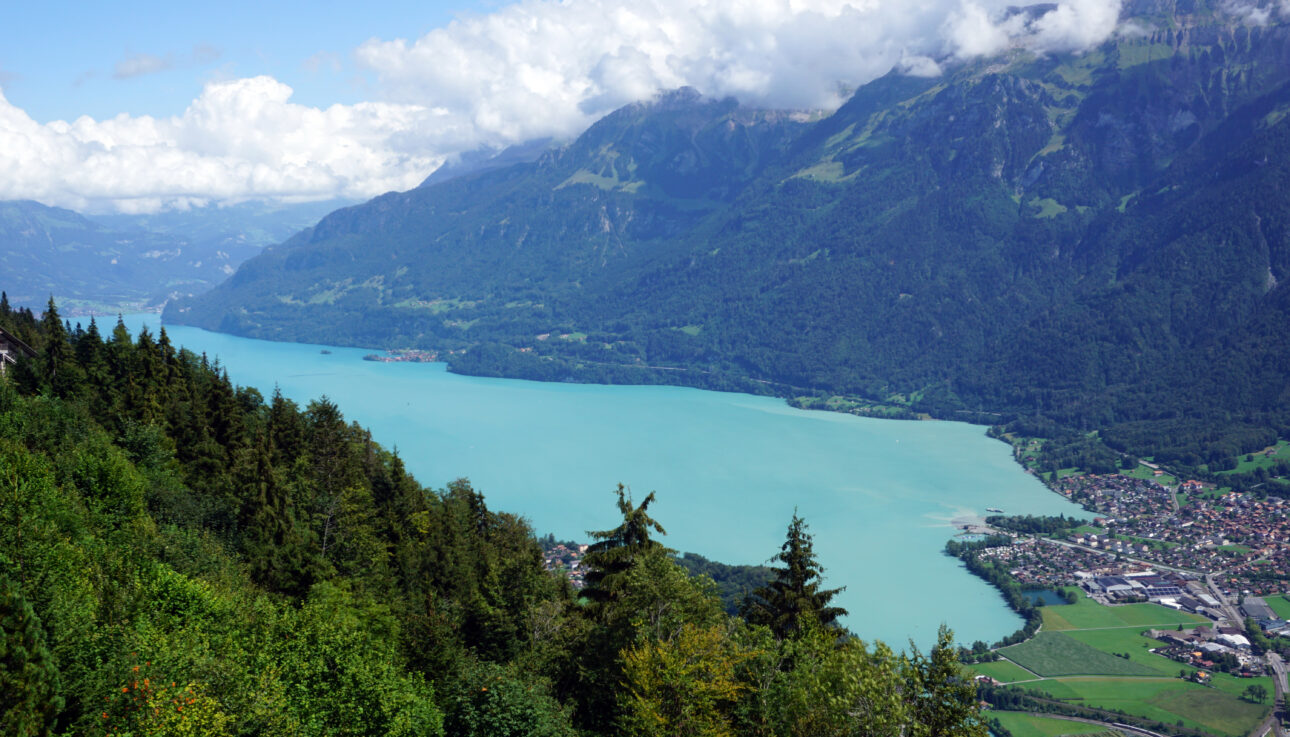Introduction to Switzerland
Switzerland is a small mountainous country in central Europe, home to numerous lakes, villages and the high peaks of the Alps. More than half of the country’s 41,285 square kilometers is covered by the Alps, making Switzerland one of the most alpine countries. It is about the size of New Jersey and borders France, Austria, Germany, Italy and Liechtenstein. The country is known for its many ski resorts and hiking trails. The key industries are Banking and finance, as well as the world-renowned Swiss watches and chocolate.
Quick Information
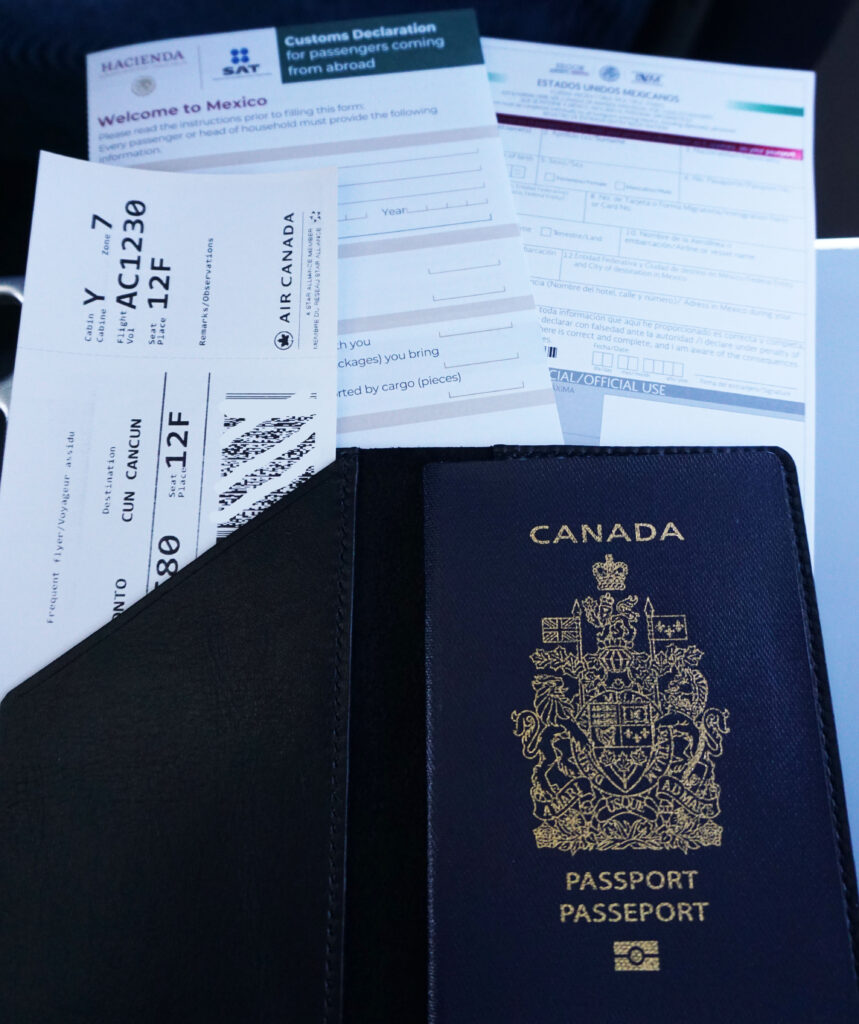
Currency: Since Switzerland is not part of the European Union, the local currency is the Swiss Franc. However, Euros are widely accepted across the country. Some stores may provide change in Euros, while others may give change in Swiss Francs. Click here to check the current exchange rate.
Electricity Socket: Like the rest of Europe, Switzerland operates on a 230V supply voltage and 50H.
Entry Requirements: A valid passport is required for all travelers. The passport must expire 6 months or more after your return home. Travelers from North America, Australia and New Zealand can travel without a visa for 90 days. Citizens of countries from other continents will need to apply for a visa beforehand. Click here to check the entry requirements which apply to your country of residence.
Staying connected:
- WiFi can be found in most cafes, restaurants and hotels, as well as train stations. In cafes and restaurants, one must buy something in order to obtain the WiFi code
- If you’re looking for data while abroad, Airalo is the best eSIM company. Click here to view my article on how to have data abroad at an affordable cost.
- Traveler SIM cards, often preloaded with data, can be purchased from many companies. Some of the most popular companies include Vodafone, Swisscom and Lucky Mobile. Some of those companies even have counters in the arrivals section of most airports, so you’ll never be short on internet.
Safety: Switzerland is a very safe country to visit. Travelers need to take normal precautions at all times, which is common in any big city. Pickpocketing and scammers are the most serious issues that one can come across. However, with proper precautions, it should not be a problem.
Teo’s Travel Tip: when traveling in Europe, always wear your backpack in front of you rather than behind you. That is one of the best ways to avoid theft. Another problem is tourists who enjoy the nightlife and do crazy things. Yes, the Swiss are big party fans and all-nighters are common in the big cities.
Language: Switzerland has a complex language system. To start, English is widely spoken by the majority of the population. You will never find yourself stuck due to the language barrier. Since Switzerland is bordered by France, Germany and Austria, the country has a total of 4 languages, all based on geographical area. The western part of the country (close to France) speaks French. The majority of the country speaks Swiss German, which is a German dialect. About 8% of the population concentrated near the Italian border speaks Italian, and the people living in the eastern part speak Romansh, a language from the Rhaeto-Romance family, derived from Latin.
Time Zone: GMT + 1, which is Central European Standard Time
Tipping: Most restaurants and bars will add a “Service charge” anywhere from 2-10 Euros on the bill. Therefore, you do not need to worry about tipping. However, if you really enjoyed the service, it’s never a dull moment to make someone smile by rounding up to the nearest round figure.
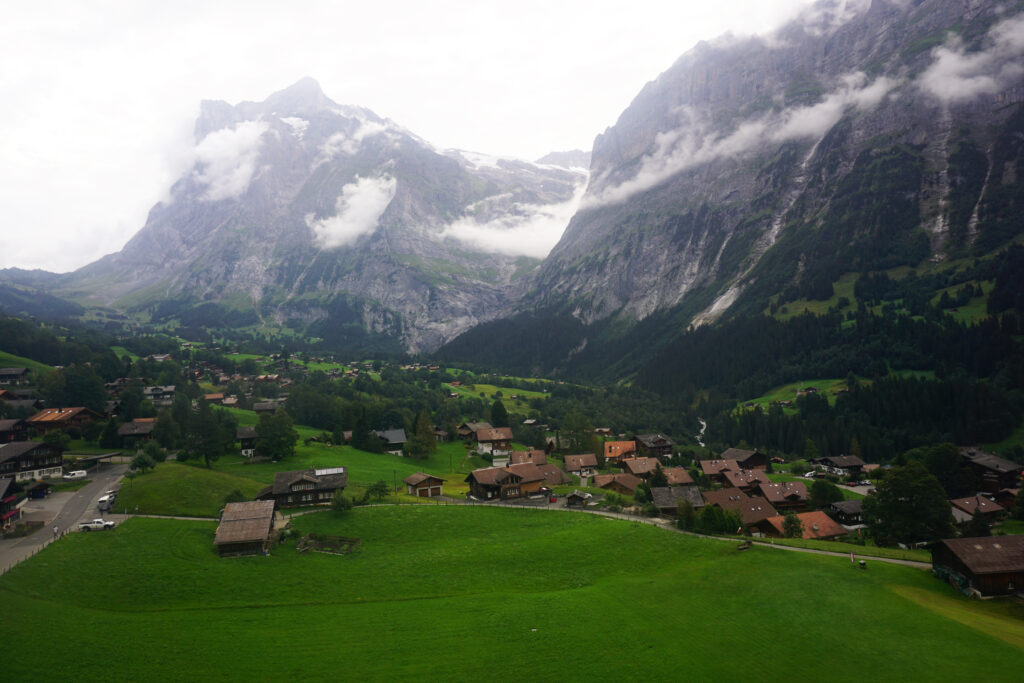
PLANNING YOUR TRIP TO SWITZERLAND
When to travel to Switzerland
Switzerland can be visited year-round, depending on the purpose of your trip. Each season in Switzerland has its own attractions.
Shoulder Season – March to May and October-December: the spring brings Alpine blooms, cows heading out to pasture and flowering trees. These months are considered the shoulder season, which is the perfect time for traveling on a budget. Flights and accommodations are cheaper, and tourist crowds are low during this time.
Tourist Season – May to September: The tourist season is the warmest time to travel, which is also the most popular time. These are the months when you will find the best weather, snow-free trails for hiking the Alps, and the days are very long with the sun setting after 21:00. Tourist crowds can be high during this time, and flights and accommodation are more expensive. In the mountains, however, tourist season typically starts in mid-June. So if you’re traveling on a budget, traveling towards the middle or end of May should save you a bit.
Winter Season – December-February: While low season in Europe typically runs in the winter (except the Christmas holidays), this is the prime time for skiing in Switzerland. Therefore, hotels in the heart of the Alps, especially in towns like Grindelwald or Interlaken, which are the key getaways to ski destinations. Meanwhile, hotels in cities like Zurich or Geneva would be at their lowest during these months.
Getting There
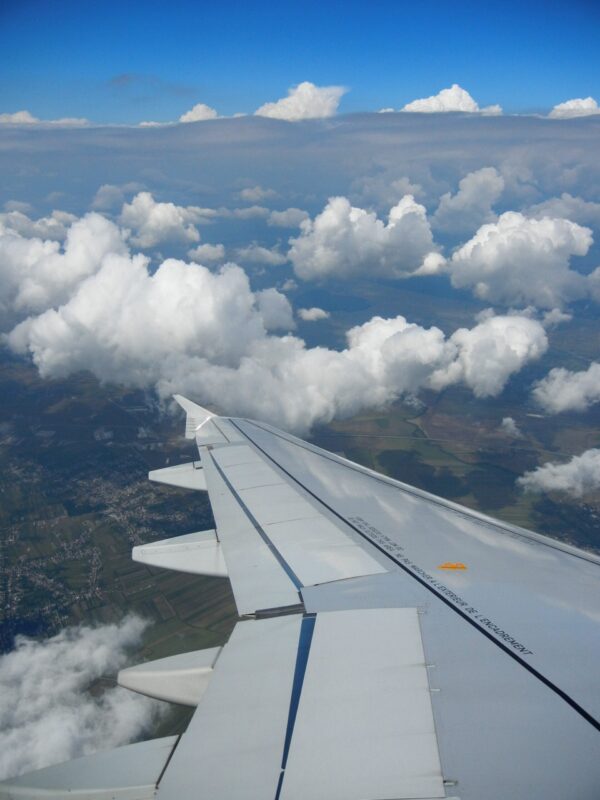
There are many ways to get to Switzerland.
By air: The top 2 international airports in Switzerland are Geneva and Zurich. Other international airports, which are smaller, include Basel and Bern. The majority of Canadian, American, European and Asian carriers fly to Geneva and Zurich. If there is no direct flight from a certain departure getaway, travelers can fly into any European city and connect to an European airline. Basel and Bern are also served by European airlines, mostly the budget ones.
By rail: It is possible to reach Switzerland by train from many European countries, even those that don’t border the country. Swiss train stations are conveniently located in city centers, which saves you a lot of time compared to air travel, especially if arriving from Italy, France and Germany. In addition, even travelers coming from places in Eastern Europe such as Czech Republic or Hungary can reach Switzerland by train. These are frequently night trains, where travelers can opt for a sleeper car and travel overnight rather than flying and paying to stay at a hotel.
Traveling around Switzerland
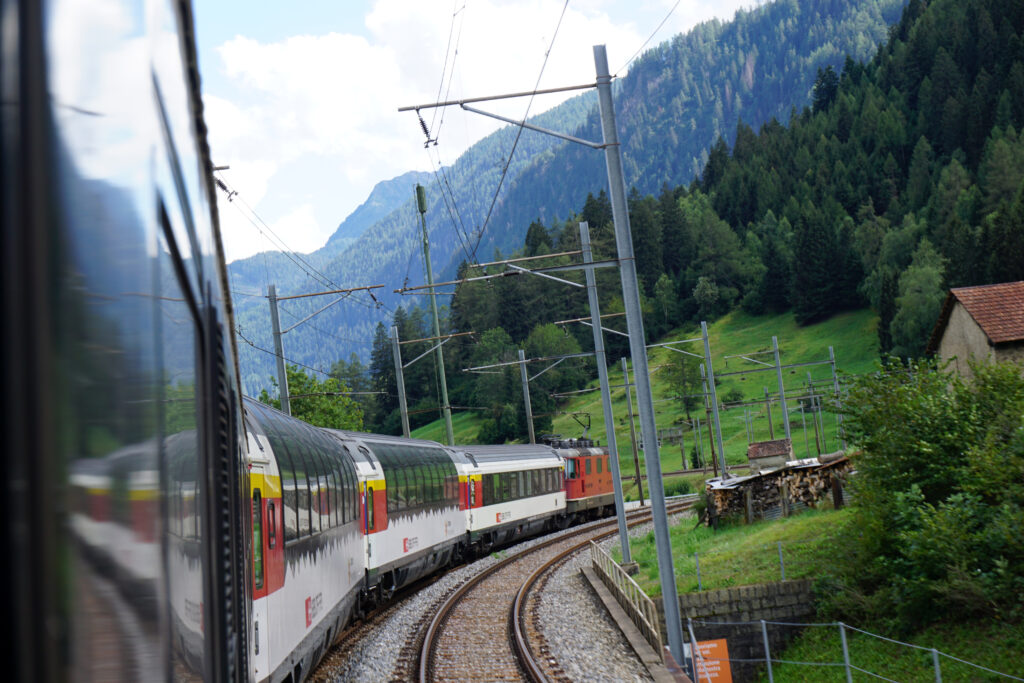
By Rail: The best way to travel in Switzerland is by rail. Trains link almost every corner of the country, and there is almost never a moment when someone will wait more than 1 hour for a train. Switzerland’s national rail company is called SBB CFF FFS (which stands for Swiss Federal Railways, first 3 letters in Swiss, the next 3 in French and the next 3 in Italian). Travelers can get the best value by investing in a Swiss Rail Pass, which includes unlimited train rides, boat rides and even public transit in many cities throughout Switzerland. When using a Swiss Rail Pass, there is no need to book ahead of time. Even if the train journey to get to your destination is long, just seeing the scenery from the train is half the experience and will make time fly.
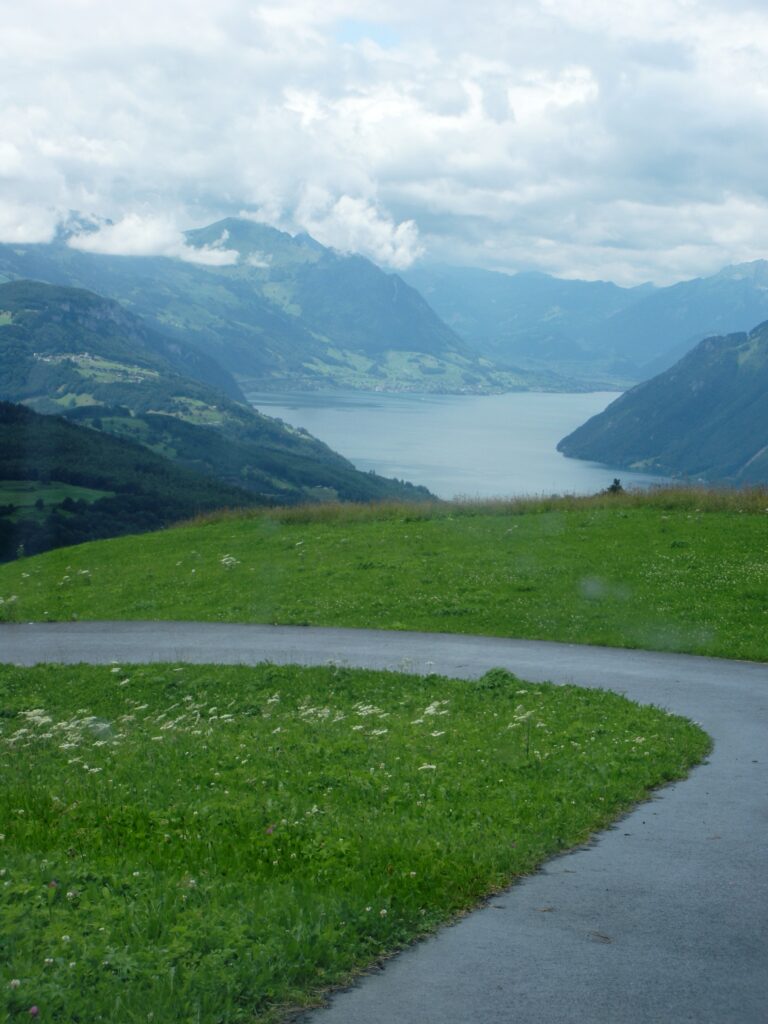
By Car: For perfect freedom, you could rent a car. However, there are quite a few cons to renting a car:
- Public transit in Swiss cities is very fast and efficient. It is simply a waste of time to drive through crowded cities like Zurich or Geneva.
- Some cities, especially Zurich, do not have a highway going through the city. If you are arriving in Zurich and heading to the airport, you must drive through the busy city to get to the airport. On the contrary, getting to the airport is much faster by taking a train.
- The streets in the mountains are a shock to travelers from North America. While the drive may be scenic, the width of the streets is equivalent to that of a one-way street, yet it is a 2-way. Drivers must drive with extra caution to ensure there is no car coming the other way before a sharp turn. And driving in the mountains has a lot of sharp turns. If another car is coming, drivers must find a way to pass each other. It almost feels like there are no laws.
- Most cars in Europe are manual. For those who do not drive manual, an automatic car can cost up to double the price of a manual car because automatic cars are not as popular in Europe, hence supply is limited.
With all of these cons, I would not recommend renting a car. The scenery from the train is almost as nice (or even nicer) than that from the roads, and travelers can simply sit and enjoy the countryside rolling along.
Budgeting
Switzerland tends to be an expensive destination. However, there are options to make it a bit cheaper, such as staying in hostels & cooking your own meals. Here is an approximate breakdown of travel costs.
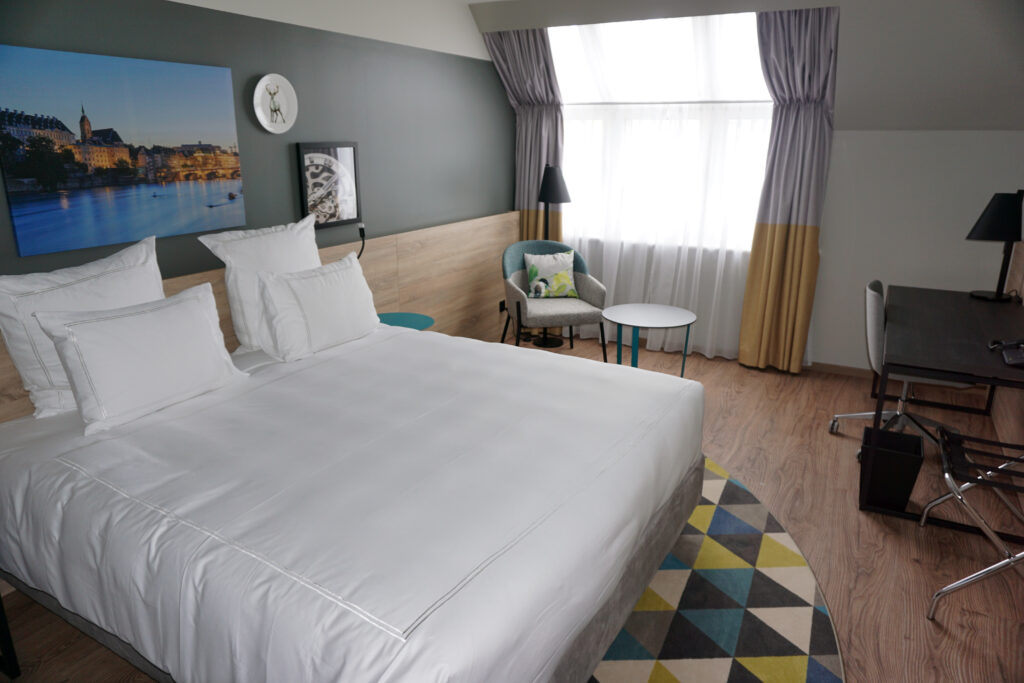
Accommodation
| Hostels | €40-150/night |
| Budget Hotels and AirBnb: | €90-140/night |
| Mid-range hotels: | €140-250/night |
| High-end hotels: | €240-400/night |

Food (meal for one)
| Street food and self-catering: | €10-15 |
| Mid-range restaurants: | €20-35 |
| Fancy restaurants: | €40-70 |
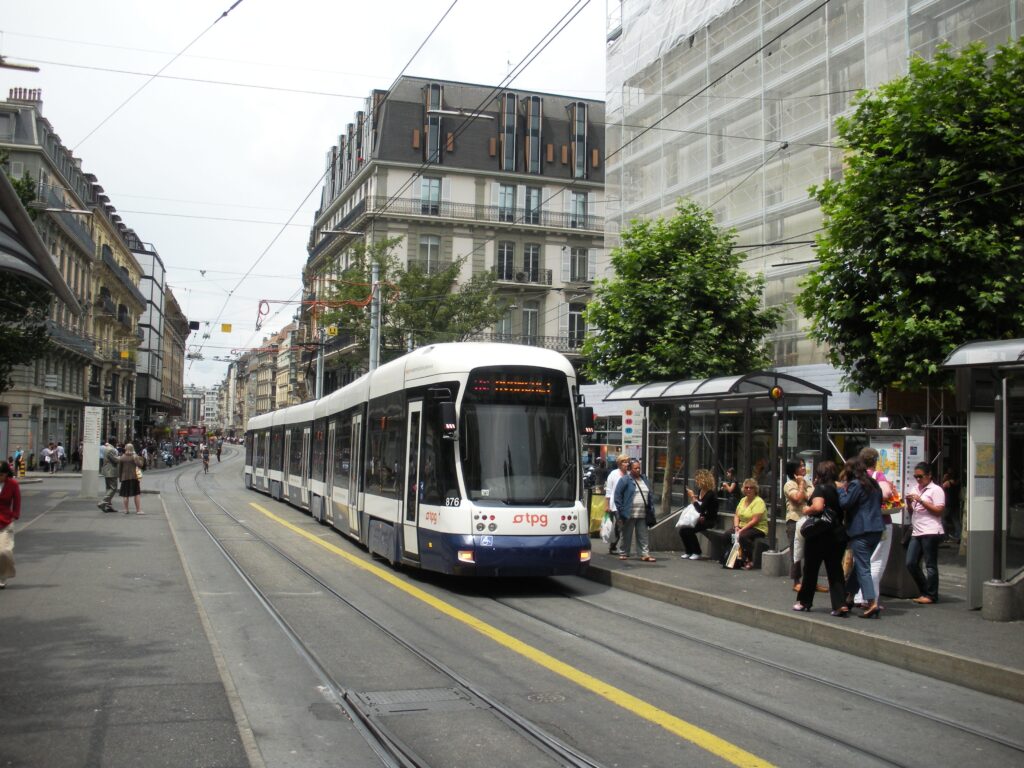
Transportation in Cities
In Swiss cities, the price of transportation varies by distance, and those are measured by “zones”. The greater the distance between the “zones”, the higher the price. Travelers can save by getting a local transportation card (such as the Zurich Card in Zurich). Those have a one-time purchase fee of about €3, and you can reload on the go.
- Public Transit: about EUR 2.80-5, depending on zones
- Sightseeing Tours (hop-on hop-off): €30 for 24 hours, or
- Walking Tours: €0-25*
*Many cities in Europe have free walking tours, where the tour guide’s salary is based on tips. While the tours are free, it is recommended to tip around EUR 5-10 per person.
Surprisingly, not many cities in Switzerland have a hop-on hop-off bus tour. This is because in cities, most sights are within walking distance. Swiss cities are not similar to bigger European cities like London or Paris, where everything is spread out. Therefore, most cities offer walking tours rather than bus tours. For travelers who do want to visit a tourist attraction that is not centrally located, such as some museums or parks, public transit is only a step away from wherever one may be.
Money-saving tip: If you purchase the Swiss Rail Pass, transportation on public transit in cities is included regardless of zone!
Where to Stay
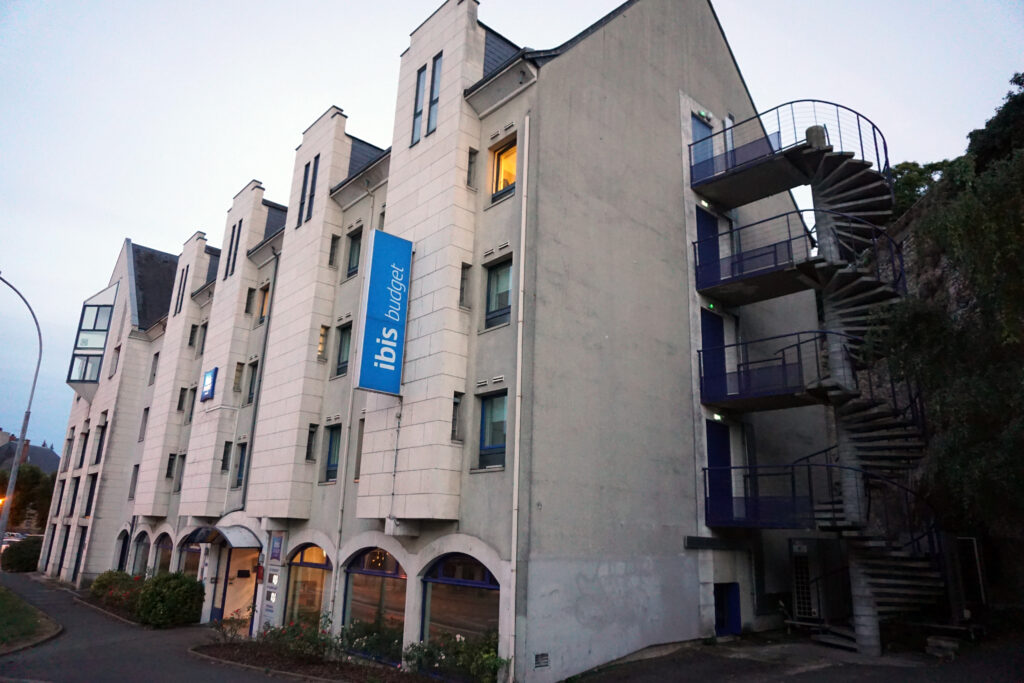
Accommodation in Switzerland tends to be expensive, however, the standards are higher than in most European countries. Swiss hotels concentrate on value for money, so even the cheaper hotels have rooms that are perfectly comfortable and clean. From hostels where you can meet like-minded travelers to luxury hotels, there is never a shortage of accommodation options.
Booking ahead for the summer season, or for ski destinations in the winter, is strongly advised.
For hostels, my tip would be to check the type of hostel you are booking. Hostels can be anywhere from just a cheap hotel to a live party place. I’ve stayed at hostels that were amazing, and I made lots of friends. I’ve also stayed at hostels where I encountered big groups of exchange students and very few tourists that I could mingle with. Always check the description when booking and ensure the hostel matches the type that you look for.
Teo’s Travel Tip: when booking your hotel, always check under room amenities if it says “Private Bathroom”, and if it mentions a shower. Unlike in North America, many of the cheaper hotels in Europe do not have a bathroom in the room. Instead, the bathroom is located down the hall. Also, Europeans distinguish between a shower and toilet. This means that the shower can be separate from the toilet..

